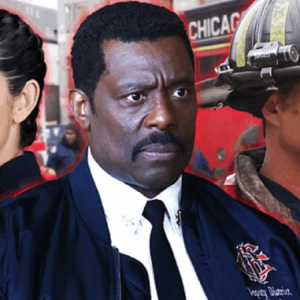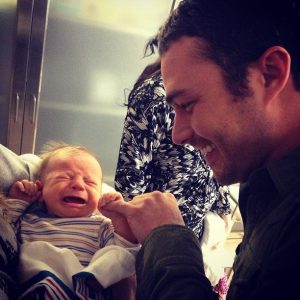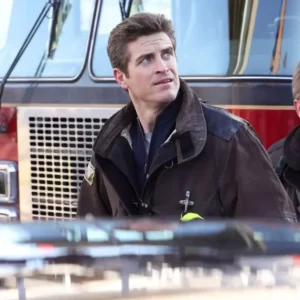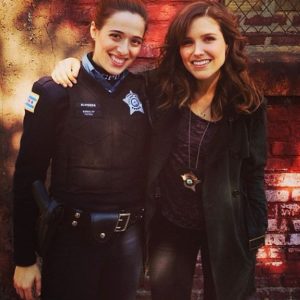From the very first scene in which Sergeant Hank Voight graced the screen, one thing was clear: this wasn’t your typical TV cop. Gruff, relentless, and unapologetically brutal, Voight didn’t play by the rules — he rewrote them. As the central figure of Chicago P.D., he quickly became both its beating heart and its most polarizing character. But beneath the steely glares and clenched fists lies a man profoundly shaped by grief, betrayal, and an unwavering—if complicated—sense of loyalty.
In the early seasons, Voight moved through the world like a storm — unpredictable, powerful, and impossible to ignore. For him, justice was never a matter of due process or courtroom debates. It was immediate. Personal. He crossed moral lines with ease, delivered street justice without apology, and built a reputation as the kind of man who would burn everything down to protect his own. He didn’t seek approval; he demanded results. And in a city plagued by corruption and violence, he got them.
But the real power of Voight’s character lies not in his rage, but in what it masks.
Underneath the intimidation was a father reeling from the loss of his son, Justin. Voight’s hardened exterior wasn’t just armor — it was grief in disguise. His actions weren’t random; they were rooted in trauma, a desperate attempt to control a world that had already taken too much from him.
As the series progressed, subtle cracks began to appear in Voight’s seemingly impenetrable shell. And then came the moment that changed everything: the death of Alvin Olinsky.

Olinsky wasn’t just Voight’s colleague — he was his brother in arms, his closest friend, and one of the few people who truly understood him. When Olinsky was falsely imprisoned and later died in custody, Voight’s world unraveled. For the first time, his rage wasn’t enough. His power couldn’t save someone he loved. And that helplessness shattered something inside him.
That loss marked a definitive shift. Voight didn’t stop being fierce — he still bent the rules, still took matters into his own hands. But now, every decision carried more weight. Every choice was shadowed by guilt. His eyes, once burning with fire, began to flicker with pain. That transformation didn’t make him weaker — it made him human.
Voight’s evolution is what continues to make Chicago P.D. one of the most compelling police dramas on television. He isn’t clean-cut. He isn’t heroic in the traditional sense. But he’s real. He represents every officer who has ever faced the impossible choice between doing what’s legal and doing what feels right. He lives in the grey — a character shaped by scars, constantly balancing vengeance and duty, brutality and compassion.

Over time, fans have come to see that Voight’s greatest strength isn’t his toughness — it’s his complexity. He’s not just the man who kicks down doors; he’s the man who carries ghosts. His leadership isn’t about perfection. It’s about resilience. He leads not because he’s flawless, but because he understands the cost of every decision.
Today, Hank Voight still walks the streets of Chicago with a badge and a burden. He’s still feared. Still formidable. But there’s something different in his gaze now — a vulnerability that didn’t exist before. And that’s what makes him unforgettable.





